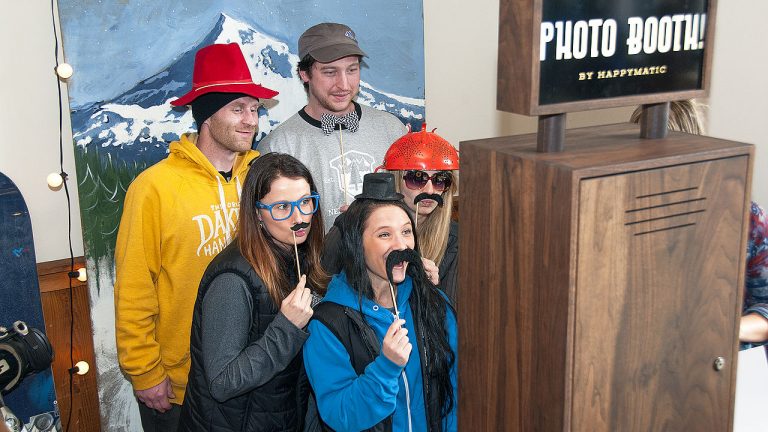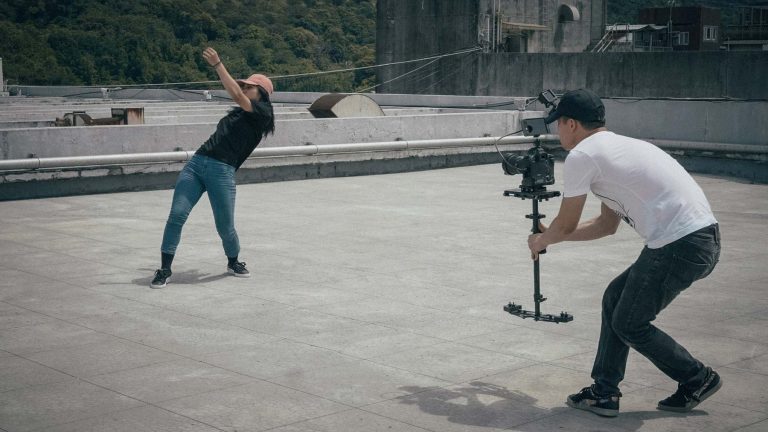Are you adventurous enough to try a newer type of business? Maybe you want to be an entrepreneur, but you feel like you’ve heard of all the traditional ways for young entrepreneurs to make money.
You could start your own drone business.
You’ve probably heard of drones. But what exactly is a drone?
A drone is an unmanned aircraft. Drones are also known as unmanned aerial vehicles (UAV) or unmanned aircraft systems (UAS). A drone is a type of robot and some drones can be remotely controlled. Other drones fly without external influence by using embedded systems that work with GPS (Global Positioning System) and other programs.
For years, drones were mostly associated with the military. In recent years, using drones has expanded to businesses and individuals. Now, more entrepreneurs are starting to use drones for a wide variety of reasons including photography, videos, and delivery.
Check out the following tips for running a successful drone business.
Pros
- It’s fun! Drones definitely aren’t toys. But flying a drone taps into the same great feeling as flying a toy airplane.
- Help your photography business stand out. Do you like taking pictures? Maybe you’ve thought about starting a photography business. Having a drone helps you uniquely capture awesome images from different angles. This gives you an amazing competitive edge compared to more traditional photography businesses. Also, consider offering video services to give your drone business an even greater advantage over some of your competitors.
- Get an early start in a quickly growing industry. Being part of a trend or a new business’ “early years” is exciting. Plus, the general drone industry is expected to stay around for years to come. The international drone industry could grow by more than 50 percent during most of this decade, according to a study by Research and Markets.
Cons
- It’s expensive. The startup costs for a drone business aren’t cheap, especially compared to other businesses for young entrepreneurs. You will spend at least a few hundred dollars just to get some basic equipment and the required certification for flying a drone for commercial purposes. The costs can quickly grow into a couple thousand dollars for nicer drones and related equipment.
- There are strict rules. The laws and rules for having a drone business may seem stricter compared to most other business ideas, for instance, you have to be at least 16 years old to get certification to operate a drone. It’s also important to know your area’s regulations for drone businesses and to watch for any new and/or changing requirements for offering drone services.
How to Get Started:
NOTE: Before you start your business, you should read the page on this website entitled “things to think about before you get started.” After you have taken the preliminary steps for starting any business, you can take the specific steps outlined below.
Here are some tips for how to start your drone business.
Step One
Drones can be used for a wide range of activities. Think about what drone services your business will provide. Consider what type of equipment you can easily buy and learn about. Also, research the area where you live and see what kind of small businesses exist that might be able to use drone services. Some examples include real estate agents, construction companies, land surveyors and event planners. Also, what kinds of drone services already exist? It could be that they are not adequately meeting the local need.
Photography and/or video is an obvious need, but some drones can deliver small packages. Use your imagination; some businesses may not realize how drones can help them until you suggest it. Find out if there’s a demand for drone services where you live. If so,
Step Two
Plan your drone business. Put your research to work to write or type which drone service(s) your business will offer. Decide what types of drones, software, and other equipment you will use for your business. Consider how you will pay for this equipment and other business costs. Use our free business plan generator to help you with this step.
Step Three
Consider getting help from legal and/or financial pros. There are laws and regulations you must follow to run a drone business. These rules vary, depending on where you’re located, your type of business, and other issues. Ask your family and/or friends if they know someone who can help you make sure you’re following these rules and help you create a financial plan to run a successful business.
Step Four
Get your pilot certification. (You must be at least 16). To operate a drone, you’re required by law to have a Remote Pilot Certification from the Federal Aviation Administration (FAA) (Part 107). Learning and studying information for the Aeronautical Knowledge Test (AKT) and your Remote Pilot Certification will also give you a better idea about whether you’re interested enough in drones to run this type of business. You can buy a simple drone and some related equipment while preparing for certification. Also, be sure to check if your local area and/or state requires any other types of licenses or certifications for operating a drone.
Step Five
Make some final decisions before opening for business. A legal and/or financial expert can also help you with this. For example, choose your business structure. Two common business structures for drone businesses (and for new businesses in general) are sole proprietorship or a limited liability company (LLC). Also, pick a name for your business and do a Google search and other online research to make sure your name idea isn’t already being used by someone else.
Step Six
Open and promote your business. Tell your family and friends about your new drone business. Consider creating a website and social media accounts for your drone services. Ask for referrals when you get your first few clients.
How much to charge:
Fees for providing drone services can be charged per photo and/or per video. You could also charge packaged-based fees based on certain groups of photos and/or videos you provide to your clients. For example, a typical range for drone photos is $75 to $200.
Taking it to the next level:
1. Watch the weather.
Think about usual weather for your location. For example, what’s a typical summer day like where you live? Will certain seasons of the year make it more difficult to fly a drone and/or capture great pictures or videos? Also, follow the weather forecast using your phone’s weather app during the week leading up to a scheduled flight. Contact your client if you see or hear about any possible bad weather that might delay or prevent a scheduled drone flight.
2. Track your miles.
Your drone will use miles, similar to businesses that use one or more cars, trucks, or vans to provide services for clients. Many drone businesses (and other transportation-based businesses) use digital or app-based spreadsheets and/or mileage trackers to record their business-related miles. These miles can often become tax savings when you file taxes for your business.
3. Expand your services.
Many new drone pilots provide photography services to their clients. It’s fine to stay with this specific type of service, especially if your strongest business interest is in photography. Still, there are different types of photography, video, and other services you can provide with drones, especially as you get older and gain more drone flight experience. This could include:
- YouTube videos
- Online/social media ads and videos for real estate, hotels, and vacation resorts
- Wedding videos
- Aerial surveillance
- Commencement ceremonies
- Deliveries
- Building, agricultural, or environmental inspection
- Marketing or promotions at events
Image credit: David Henrichs on Unsplash








